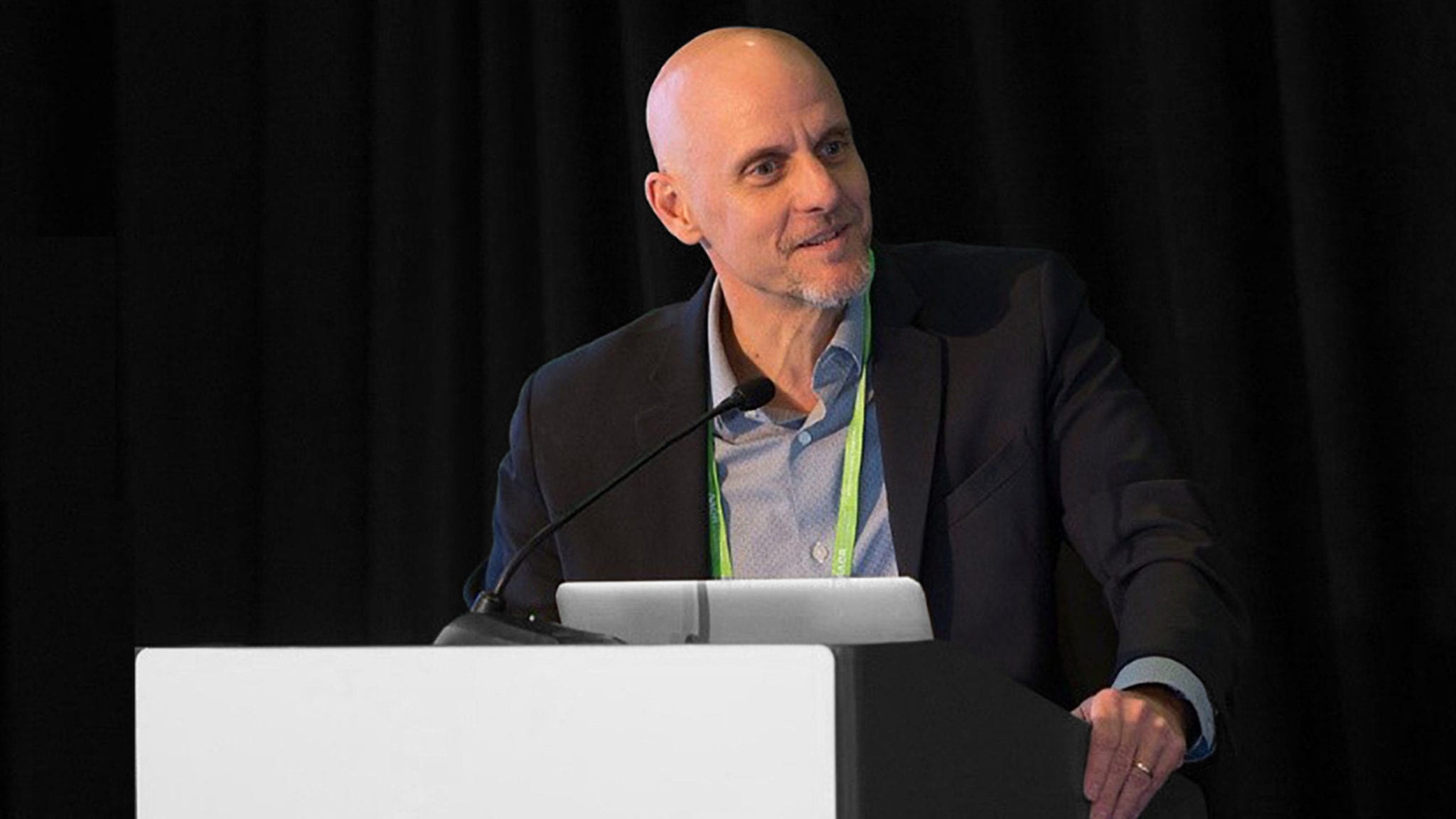
Stephen Hahn, AACR
Right on deadline, Trump taps Stephen Hahn as new FDA commish. Now what?
Stephen Hahn’s nomination as the new commissioner of the FDA was delivered right on schedule Friday, with the clock ticking down on the November 1 …
Sign up to read this article for free.
Get free access to a limited number of articles, plus choose newsletters to get straight to your inbox.